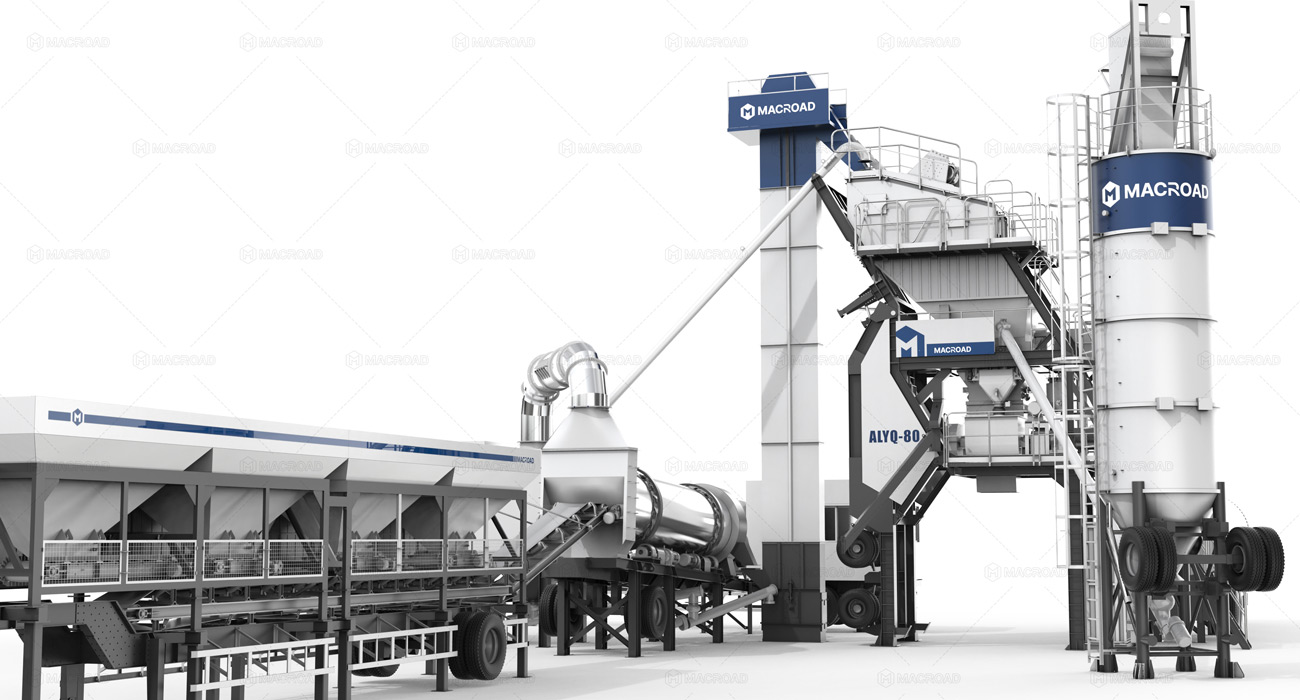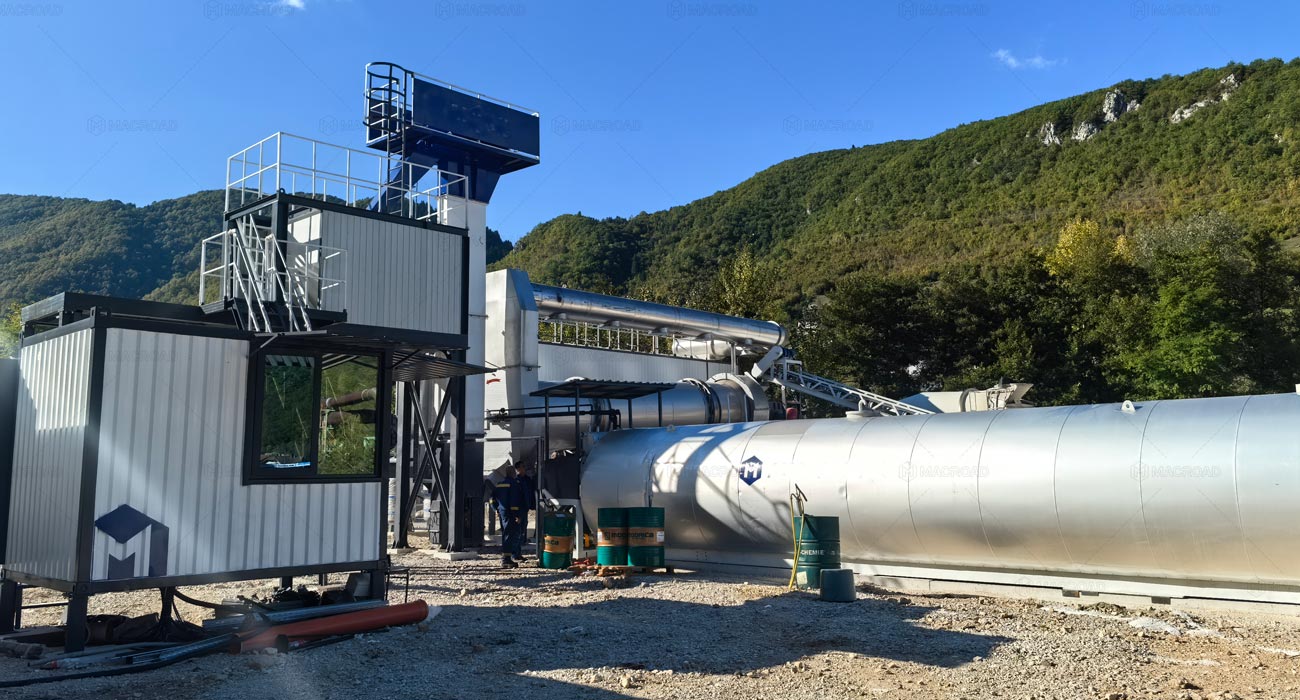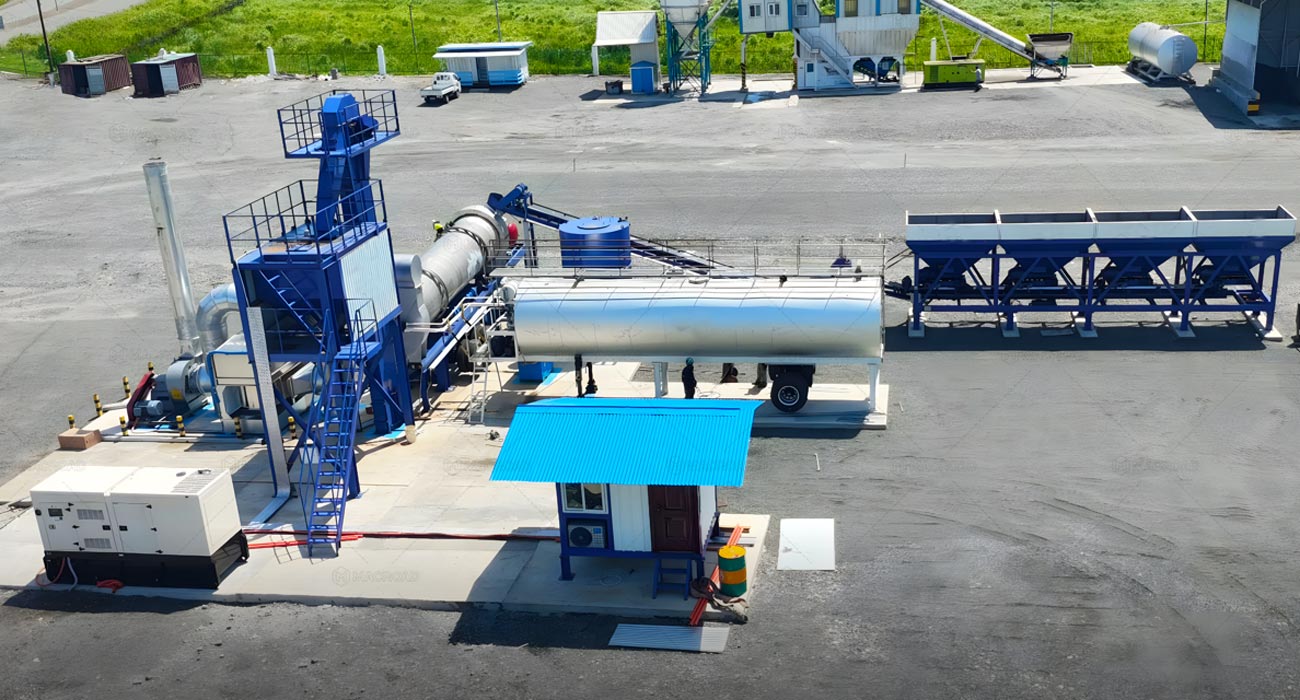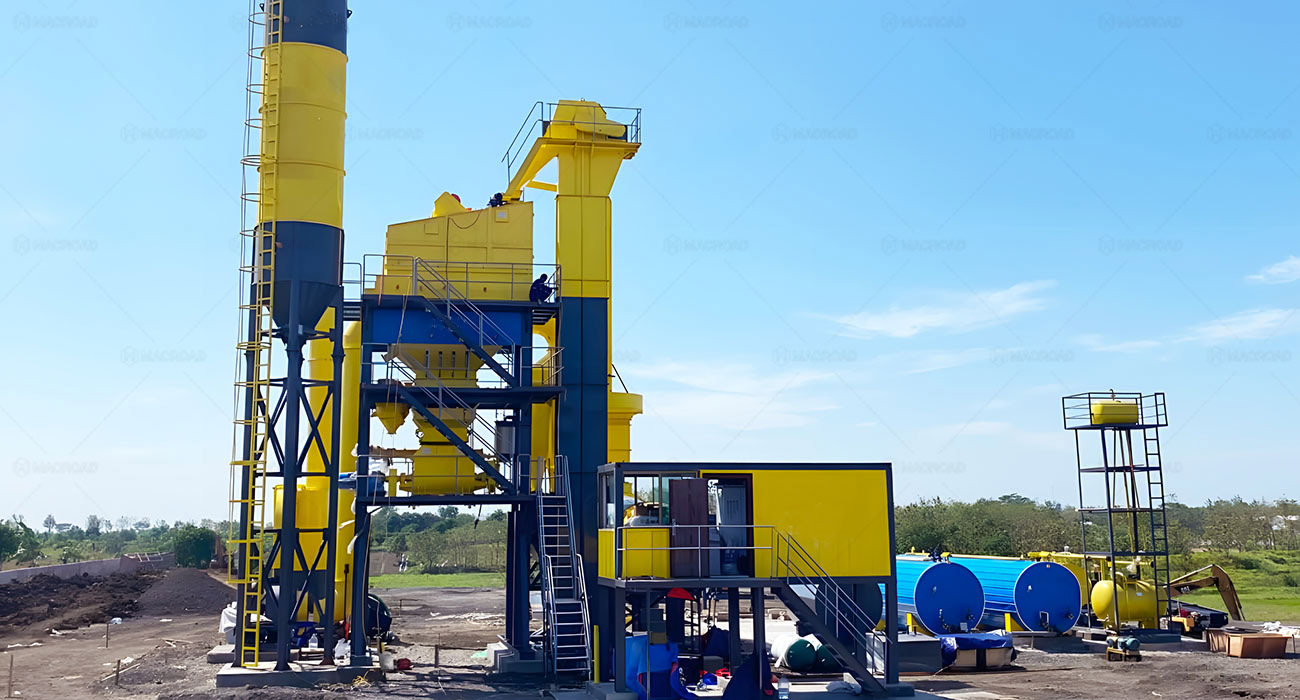Categories
Tags
-
#asphalt plant
#stationary asphalt plant
#mobile asphalt plant
#Batch mix asphalt plant
#Drum Mix Asphalt Plant
Archives
Integrate Asphalt Plants for Flexible Capacity Expansion
-
For construction enterprises with fluctuating project scales, integrating asphalt batching plants into existing asphalt plant layouts through modular design provides a solution for achieving flexible capacity expansion without requiring large-scale reconstruction. This method allows firms to adapt to varying project demands while maintaining operational efficiency. This article discusses how modular design enables smooth integration and supports long-term growth.

The Advantages of Modular Design
Modular design is a strategic approach that maximizes the efficiency and flexibility of asphalt plants. This design philosophy allows for the incorporation of additional asphalt batching plants without the need for extensive modifications to existing infrastructure. By using modular components, construction enterprises can easily scale their operations up or down based on project requirements.
The primary advantage of this approach is that it significantly reduces downtime and minimizes disruption to ongoing operations. Instead of undergoing a complete overhaul of the existing asphalt plant, companies can simply add new modules to enhance capacity. This flexibility supports project timelines, enabling construction enterprises to pivot quickly to meet changing demands, whether that means ramping up production for larger contracts or scaling back during quieter periods.

Seamless Integration of Asphalt Batching Plants
Integrating asphalt batching plants into existing layouts requires careful planning and execution. To facilitate a seamless integration, construction enterprises should work closely with manufacturers who specialize in modular designs. These manufacturers can provide guidance on how to effectively incorporate new batching plants into existing workflows.
Key factors to consider include the compatibility of new equipment with existing machinery, as well as space requirements and material flow. For instance, establishing efficient material transfer systems between the new and old components is crucial for maintaining production efficiency. By addressing these elements during the planning phase, construction enterprises can ensure that the integration process is smooth and does not hamper overall productivity.

Supporting Flexible Capacity Expansion
One of the core benefits of integrating asphalt batching plants through modular design is the ability to support flexible capacity expansion. As construction projects vary in scale, having the option to quickly increase production capacity can be a competitive advantage.
When project demands surge, additional asphalt batching plants can be brought online without undergoing extensive construction work. This adaptability is particularly beneficial for businesses that operate in fluctuating markets, allowing them to respond proactively to new opportunities. Conversely, if project demands decrease, companies can scale back operations efficiently by temporarily decommissioning extra batching plants.
This flexibility in capacity management not only optimizes resource allocation but also enhances the overall financial performance of construction enterprises. By avoiding large-scale reconstruction costs, companies can allocate capital elsewhere, leading to broader business growth.

Long-Term Benefits of Modular Integration
The long-term benefits of integrating asphalt batching plants through modular design extend beyond immediate operational flexibility. By adopting a modular approach, construction enterprises position themselves for future growth and expansion without significant financial burdens.
Investing in modular systems can also lead to improved sustainability practices. As new technologies emerge and industry standards evolve, modular components can often be upgraded or replaced individually, allowing companies to stay ahead of regulatory changes and performance benchmarks without overhauling their entire infrastructure.
Furthermore, maintaining a scalable and flexible production environment enhances collaboration with clients and stakeholders, as construction enterprises can readily demonstrate their ability to adapt to varied project needs. This responsiveness not only fosters stronger relationships in the industry but also enhances the company's reputation as a reliable partner.
Conclusion
In conclusion, integrating asphalt batching plants into existing asphalt plant layouts through modular design offers construction enterprises a robust solution for achieving flexible capacity expansion. By leveraging modular designs, companies can adapt to fluctuating project scales without undergoing large-scale reconstruction. This approach not only maximizes operational efficiency but also positions firms for sustainable growth in a dynamic marketplace. As the construction industry continues to evolve, the ability to integrate and expand capacity seamlessly will be crucial for maintaining competitiveness and meeting the diverse needs of clients. Embracing modular solutions ensures that construction enterprises remain agile and resilient in an ever-changing environment.




